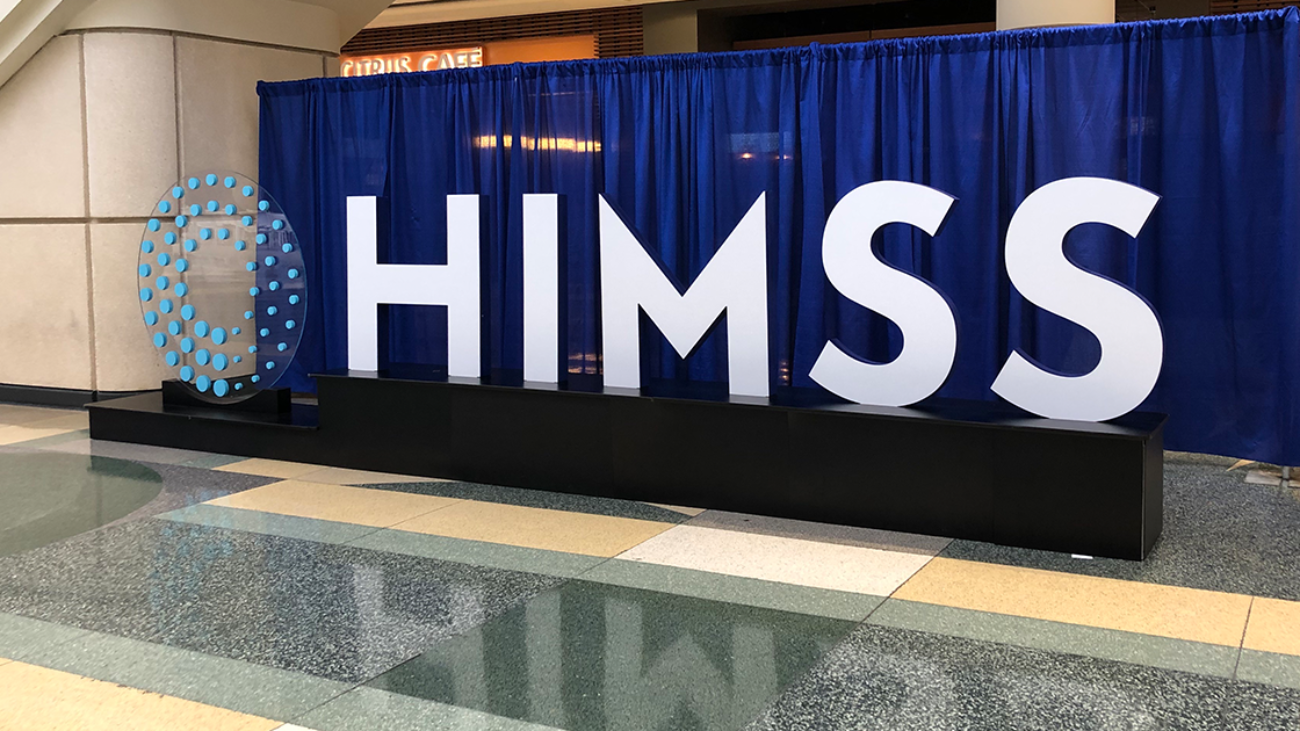I’m returning from the HIMSS 2024 convention in Orlando, and I am struck by the advances from the last time I was here. The HIMSS 2024 Global Health Conference & Exhibition was more than just a meeting ground for healthcare professionals; it was a vibrant showcase of the future, where technology meets healthcare to create innovations that promise to redefine patient care, operational efficiency, and healthcare management. Among the standout themes of the event was the abundant emphasis on artificial intelligence (AI), a technology that is set to revolutionize the healthcare industry.
AI’s potential in healthcare is vast and varied, encompassing everything from clinical decision support and patient diagnostics to operational efficiencies and beyond. At HIMSS 2024, exhibitors and speakers illuminated the myriad ways in which AI is transforming healthcare. The event highlighted not only the cutting-edge advancements in AI but also the ethical considerations, deployment challenges, and the future trajectory of AI in medicine.
Patient Care
One of the most exciting aspects of AI’s integration into healthcare is its ability to enhance patient care. AI algorithms are becoming increasingly sophisticated, enabling them to analyze complex medical data with remarkable speed and accuracy. This capability opens the door to personalized medicine, where treatments are tailored to the individual characteristics of each patient, leading to improved outcomes.
AI-driven solutions on display ranged from advanced diagnostics tools that use machine learning algorithms to identify diseases at their earliest stages, to robotic process automation (RPA) systems designed to streamline hospital operations and reduce the administrative burden on healthcare professionals. This diversity of applications demonstrates the flexibility of AI technologies in addressing a broad spectrum of healthcare challenges.
Aiding the physician
This is, for me, the most interesting and long awaited advancement. A significant highlight of HIMSS 2024 was the discussion around AI’s role in clinical decision support. With the healthcare industry generating vast amounts of data, AI systems are uniquely positioned to analyze this data in real-time, providing clinicians with actionable insights that can lead to better patient outcomes. These systems can identify patterns that might be invisible to the human eye, offering recommendations that support clinical decisions. My wife and I have been misdiagnosed a combined four times in our lives, and each were major conditions that, left undiscovered, would have led to a decided reduction in our lifestyle, and in one case, death. Doctors are human. They can’t know everything; they get tired and distracted; they can’t be expected to remember your family history. So mistakes happen. But maybe now, they will happen less often.
Ethics
The conference also provided a platform for critical discussions on the ethical implications of AI in healthcare. Issues such as data privacy, algorithmic bias, and the need for transparency in AI systems were at the forefront. These conversations are crucial in guiding the responsible development and implementation of AI technologies, ensuring that they serve to enhance healthcare without compromising patient rights or equity.
Moving forward
As we look to the future, it’s clear that AI will continue to play a pivotal role in shaping the healthcare landscape. The innovations showcased at HIMSS 2024 represent just the tip of the iceberg. With ongoing advancements in AI and machine learning, we can expect to see even more sophisticated solutions that offer predictive insights, enhance patient engagement, and streamline healthcare operations.
However, the successful integration of AI into healthcare will require a concerted effort from all stakeholders. This includes addressing the technical challenges of implementing AI systems, such as interoperability and data standardization, as well as ensuring that healthcare professionals are adequately trained to work alongside AI technologies.
HIMSS 2024 offered a fascinating glimpse into the future of healthcare, with AI taking center stage as a transformative force. The event underscored the importance of technological innovation in improving patient care, operational efficiency, and the overall healthcare experience. As we move forward, the healthcare industry must navigate the challenges and ethical considerations associated with AI, ensuring that these powerful technologies are harnessed responsibly and effectively. With each advancement, we move closer to a future where healthcare is more personalized, efficient, and accessible to all.

